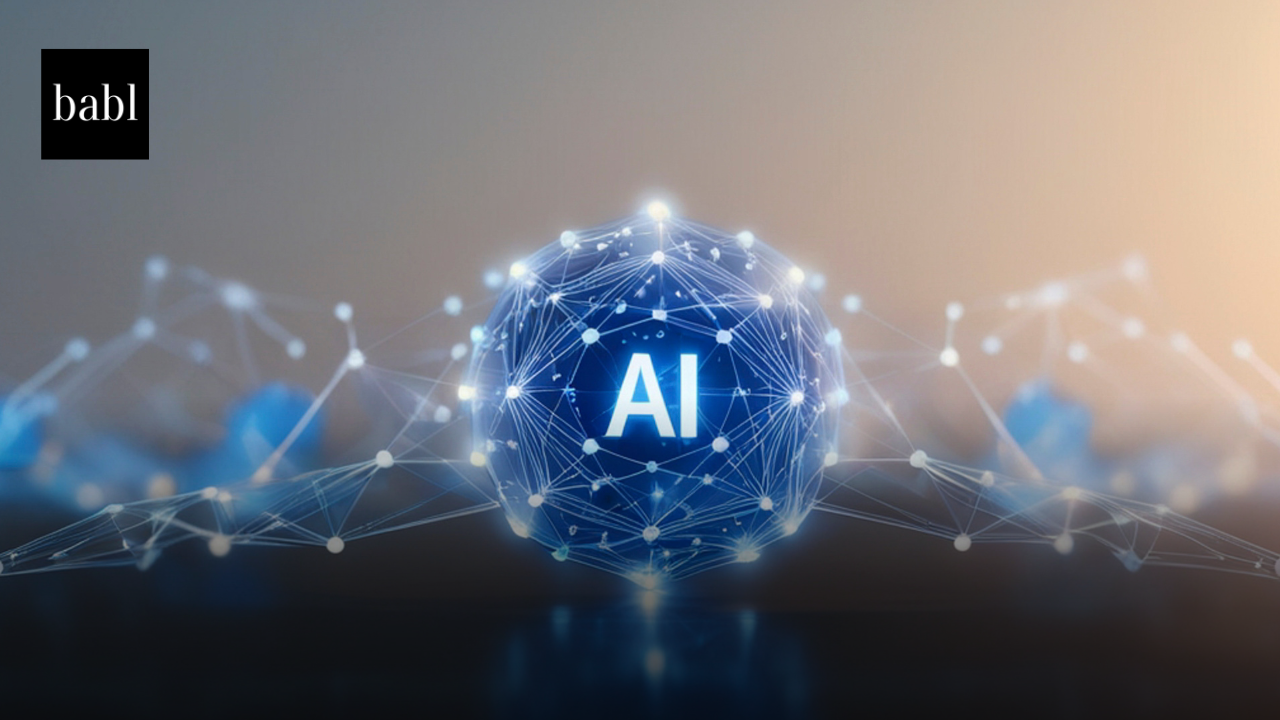UPDATE — JULY 2025: This article remains accurate and reflects the current legislative status of the Generative AI Copyright Disclosure Act of 2024. Introduced by U.S. Representative Adam Schiff (D-CA) on April 9, 2024, the bill aims to increase transparency in how generative AI models are trained by requiring disclosures of copyrighted materials used in training datasets.
If enacted, the bill would require anyone who creates or significantly modifies an AI training dataset to notify the Register of Copyrights. That notice must include a detailed summary of the copyrighted works involved and provide a URL if the dataset is publicly available.
The disclosure must be filed:
-
30 days before the release of any new AI system trained on the dataset
-
Or within 30 days of the Act’s effective date if the system is already available
Failure to comply would result in a minimum civil penalty of $5,000. Additionally, the Register must create a public online database of all submitted notices and implement the penalty framework within 180 days of the Act’s effective date.
Currently, the bill holds a status of “introduced” and remains under review by the House Committee on the Judiciary. Although it hasn’t reached a vote, it has drawn significant attention for prioritizing copyright transparency and creator rights in the AI era.
ORIGINAL NEWS STORY:
U.S. Lawmaker Introduces Bill to Create AI Transparency
On April 9, U.S. Representative Adam Schiff of California introduced the Generative AI Copyright Disclosure Act of 2024. The bill proposes that any individual or organization that creates or significantly alters a training dataset used to build a generative AI system must file a notice with the Register of Copyrights.
That notice should include:
-
A summary of copyrighted works used in the training dataset
-
A URL for the dataset, if publicly available online
-
The filing date, which depends on whether the AI system is new or already in use
If the system is released after the Act takes effect, the notice must be submitted 30 days beforehand. If the system is already available, the deadline is 30 days after the Act takes effect.
Enforcing the Disclosure
To ensure compliance, the bill sets a minimum penalty of $5,000 for each violation. Within 180 days of the law taking effect, the Register of Copyrights must:
-
Create and maintain a public database of all disclosures
-
Issue regulations outlining the penalty system
These steps aim to bring greater transparency to how generative AI systems are trained.
Final Comments
According to a press release from Representative Schiff, ““AI has the disruptive potential of changing our economy, our political system, and our day-to-day lives. We must balance the immense potential of AI with the crucial need for ethical guidelines and protections. My Generative AI Copyright Disclosure Act is a pivotal step in this direction. It champions innovation while safeguarding the rights and contributions of creators, ensuring they are aware when their work contributes to AI training datasets. This is about respecting creativity in the age of AI and marrying technological progress with fairness.”
Need Help?
If you’re wondering how the Generative AI Copyright Disclosure Act of 2024, the EU AI Act, or any other AI regulations and laws worldwide could impact you and your business, don’t hesitate to reach out to BABL AI. Their Audit Experts can address your concerns and questions while offering valuable insights.





